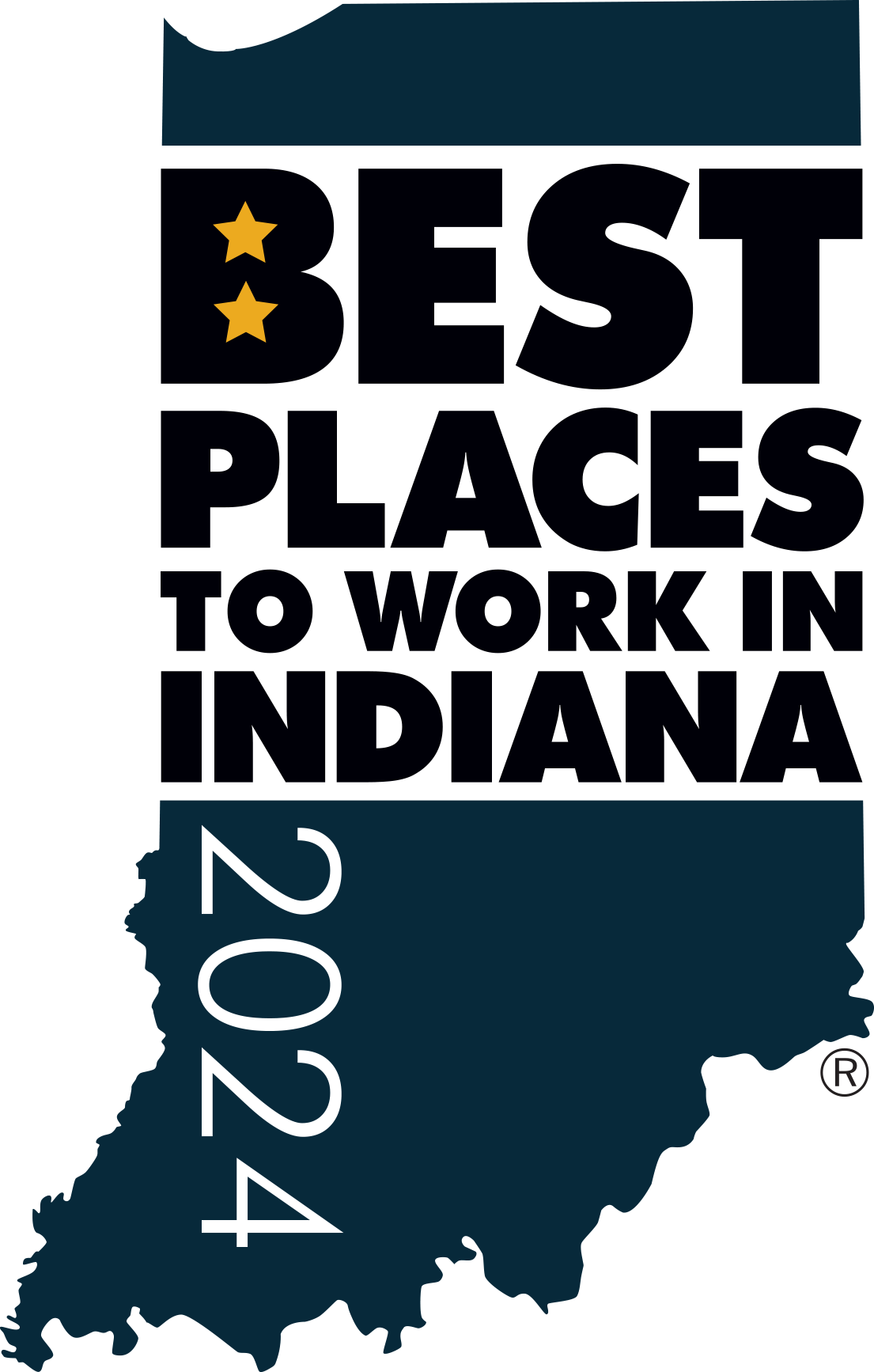Indy CFO Spotlight-Todd Pepmeier
Todd Pepmeier is one of Indy’s best kept CFO secrets. Just in his early 40s, he’s made a name for himself
at some of the biggest companies in the world. Part corporate exec and part entrepreneur, he describes
himself as an “engineer trapped in a CFO’s body”, and in his spare time builds racing engines that
command five-figure prices from his customers.
KB: Todd, I’ve been looking forward to this. We’ve known each other a long time.
TP: I think we go back to 2001.
KB: You were looking to get out of Detroit and get back to Indy. Let’s start with your Ford days.
TP: When I was an undergrad at IU, I read an article that said the three companies breeding the most CFOs
at the time were Ford, GE and Andersen Consulting. I’m a car guy, so Ford became my #1 choice. They
also had a very well-developed Financial Leadership Development Program and a rich tradition of
financial leadership. That attracted me.
KB: What was your first assignment?
TP: My first assignment was at “The Rouge” (Ford’s River Rouge plant. It’s some 1.5 miles wide and 1-mile
long and has 93 buildings.). That job was at the Dearborn Engine Plant, one of several on the vast site.
KB: Those places are legendary. How was the whole Ford experience and what did you take away from
there?
TP: It was fantastic. I learned so much about the profession of finance. Ford is very disciplined about how
numbers are presented. Some of that came from Ed Lundy. (Lundy was a Ford CFO and one of the
famous “Whiz Kids” hired by Henry Ford after WWII.) They gave me a pamphlet of “Lundy-isms” when I
started – basically, here’s how we present financial information at Ford. It was formats, fonts, specific words
to use. For example, Ford uses “present” vs. “current”. Lundy said, “current means electricity.”
KB: This is awesome. What else?
TP: My first boss at The Rouge said, “You’re only as good as the quality of the numbers you produce. Your
reputation will be formed by the quality of the numbers.”
KB: How’d you get to Rolls-Royce?
TP: Ford was great, but Detroit isn’t Indianapolis. Monster.com.
KB: [Laughing]. That’s also when we met.
TP: Yes. The CFO of Rolls Indianapolis reached out and I went through the interview process. They offered
me a job and I turned it down. A few days later, his boss, the CFO of North America called and offered me
more money. I said yes
KB: The Rolls experience was good to you. Take me through that.
TP: I was originally in a Special Projects role and at 27, I presented to the CEO the post-acquisition ROI on
the Allison Engine deal. Within a year I was the Manufacturing Controller. Then I found myself as a
candidate for a Finance Director job of a regional business jet unit.
KB: Is this the job you studied so hard for?
TP: Yes. It was in the civil aerospace side of the business. I didn’t know anything about civil aerospace, but
I did have a mentor inside. He helped me prepare. But I’ve never studied so hard for an opportunity. I
literally had to learn an industry before the interview. Absent that, I would never have been able to make
that jump. Funny thing is that in less than a year, I left that role to become CFO of Rolls’ US Defense
Business.
KB: So now you’re at Ascension. What a change.
TP: Rolls got a new CEO and did a restructuring. I got a nice exit package and landed the job at Ascension.
It’s very different than what I had done before. I didn’t have one day of healthcare experience and the role
was in the operational side of shared services. I thought, “What a great opportunity to add breadth to my
portfolio of experiences.” Plus, healthcare is one of the biggest industries in this area.
KB: How’d you get around the “no healthcare experience” thing?
TP: It was all about attitude. And I don’t mean confidence or cockiness. They appreciated that I was very
curious. For example, the CEO commented on my body language. He said, “In our conversation, I could
see you were serious. You leaned forward in certain parts of our exchanges.” They were evaluating
whether I would fit in with their team, more than anything else.
KB: What a great lesson for younger professionals. That stuff matters.
TP: Indeed, it does.
KB: It had to be a big culture shock.
TP: Huge. Being a faith-based non-profit, we have a very noble mission, and everything revolves around
that mission. The connection to something so much larger was really a shock to me. It wasn’t a smack in
the face kind of thing, but it’s there. We start meetings with a reflection. People are much more open and
transparent with each other. You don’t have to question people’s motives.
KB: What do you like?
TP: The first thing is having my hands in so many things because we serve 180,000 associates nationally.
The second thing is that this still has a bit of an entrepreneurial feel to it, because the center is only six years
old. The spirit is still there.
KB: How have you built your reputation as a CFO?
TP: I have always worked really hard at communicating well with non-finance people. I take pride in being
reliable. We all make mistakes, but people know they can depend on me. Also, I’ve been able to build
great teams around me.
KB: Tell me about that last one.
TP: The most important thing is to find people with the right attitude. Enthusiastic, eager. I can teach the
subject matter; you can’t teach desire and passion. You want to surround yourself with people who take
pride in the work they do. Then, you have to give them experiences to build out their expertise.
KB: What about being a business partner?
TP: My whole career has been made as a business partner. My first job at Ford I had Manufacturing
Leaders that I supported. So, it started for me Day One of my career. For me the excitement is people
depending on me as they make decisions.
KB: Why is it that so few accounting/finance people can make the jump to business partner?
TP: Accounting can be pretty black and white. Being a business partner is all about judgement. Business
partnering requires you to use judgment and then persuade people that your judgment is accurate.
KB: What is your advice to an aspiring CFO who’ll read this?
TP: It’s ok to move laterally in your career. It builds breadth. I’ve counseled people for years to take lateral
moves. Take something from every job; a piece of learning. Don’t stop asking “why?” I love it when people
ask me why we do something.
KB: How do you define excellence?
TP: Someone who wants to be the best, know the most, and will stop at nothing to accomplish that.
KB: Why do you like building racing engines?
TP: It’s about being curious. What levers can you pull? How can you make things better? There’s so much
I don’t know. When I get into something, I get in deep. I don’t dabble.
KB: Thank you Todd, you’re awesome.
TP: [Laughs] That was pretty intense.

